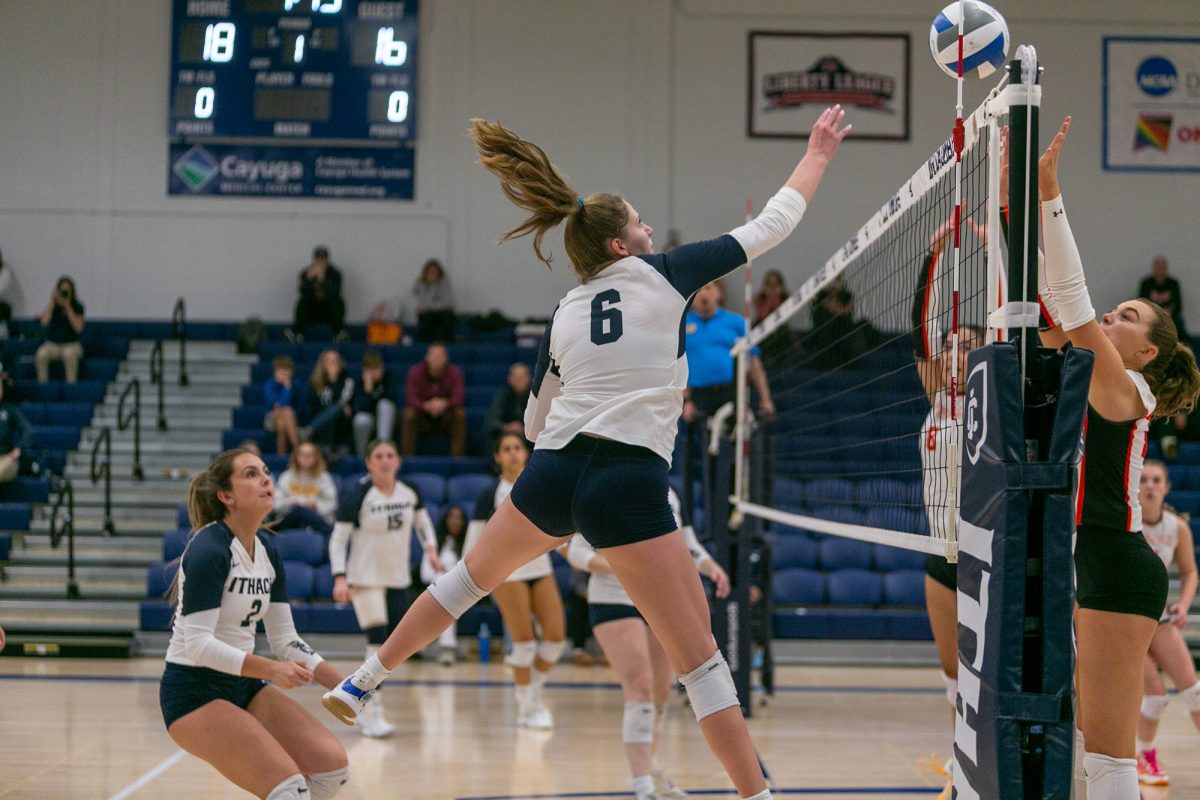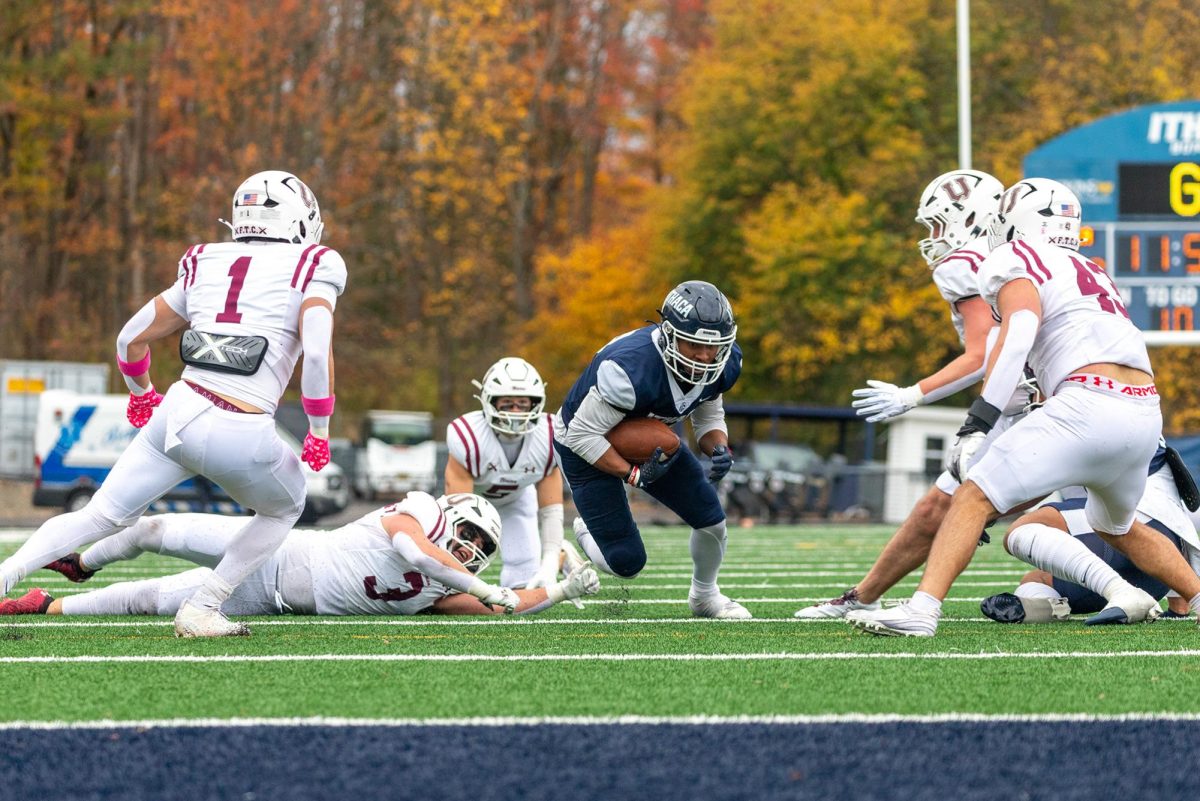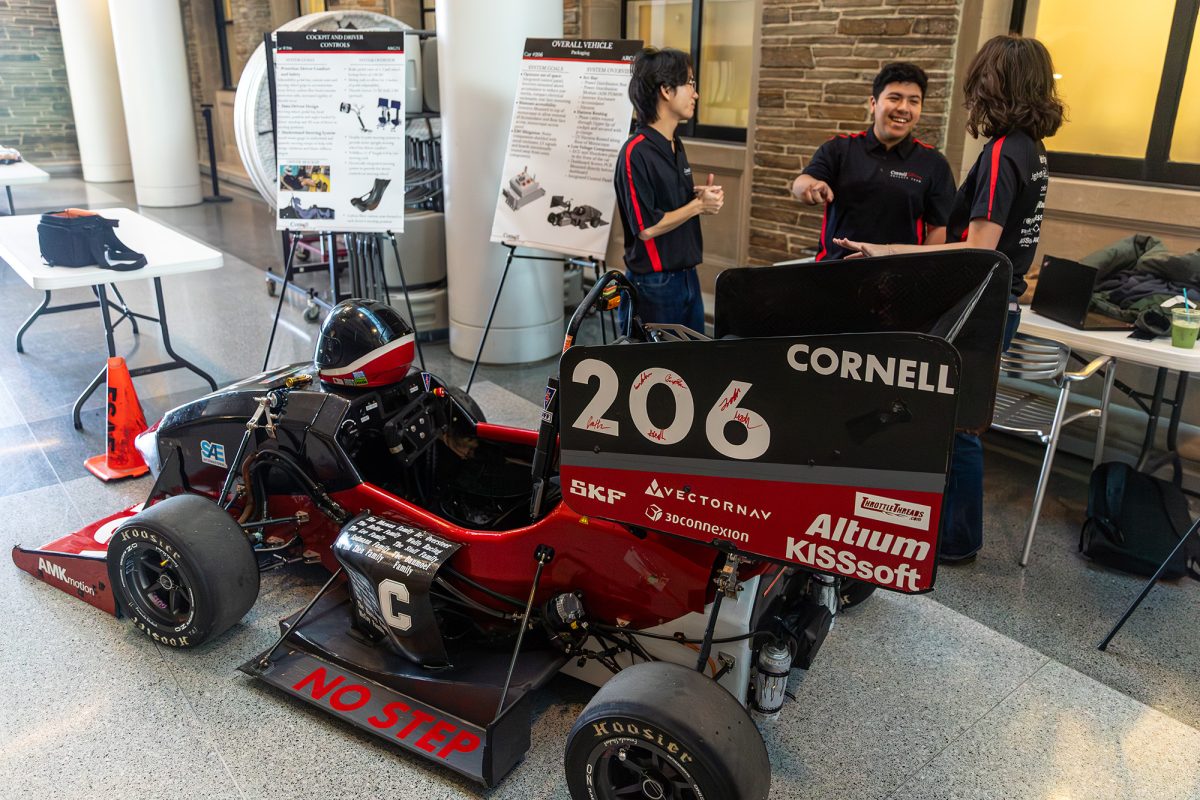This past week, we have witnessed the fall from grace of two athletes, Lance Armstrong and Manti Te’o, whose stories once represented all that was right with sports. The former was inevitable while the latter was drastic and unexpected.
In a two-night interview with Oprah, Armstrong finally admitted that he cheated his way to all seven of his Tour de France victories. His confession came as no great shock. For years the evidence against Armstrong had built to a critical mass and culminated when he was stripped of his titles and banned from Olympic competition for the rest of his life.
On the other hand, a bomb was dropped on the sports world from absolutely nowhere when Deadspin published a report that Notre Dame linebacker Manti Te’o’s allegedly deceased girlfriend, Lennay Kekua, didn’t actually exist. This season, Te’o repeatedly told a heart-wrenching story claiming that Kekua died on the same day his grandmother passed away. Despite the double tragedy, Te’o went on to lead the Fighting Irish to an upset victory over Michigan State.
The only mysteries left in the case of Armstrong are minor details: did he dope when he lost the Tour de France in 2009 and 2010, and will he cooperate with future doping investigations? But really who cares? It’s a fact that he is a liar and a cheater. Whether he is lying about more cheating is pretty much beside the point.
However, for Te’o, the core of his story is up in the air. Was he a naive victim of a cruel hoax like he claims, or was he, like Armstrong, a willing participant in a fraud perpetuated to the sports world?
I truly hope that Te’o was the victim in this sad story, but the lessons I have learned from Armstrong give me skepticism. We wanted to believe that Armstrong overcame cancer to win a record-setting number of Tour de France titles and those accusing him of doping were jealous attention seekers. However, once each of the runners-up to Armstrong’s victories were busted for doping it became impossible to believe that Armstrong was clean.
Reading the Deadspin report, I am struggling to believe that Te’o could really have called someone his girlfriend without ever even having a Skype conversation with her. It is even harder to believe it when there are pictures of Te’o and Ronaiah Tuiasosopo, the man who created Te’o’s fake girlfriend, together at a USC-Notre Dame game.
The downfall of Armstrong sets some precedents for the Te’o mystery. First, at some point the full truth will be revealed, and second, the age-old adage is true: If something sounds too good to be true, it probably is.







